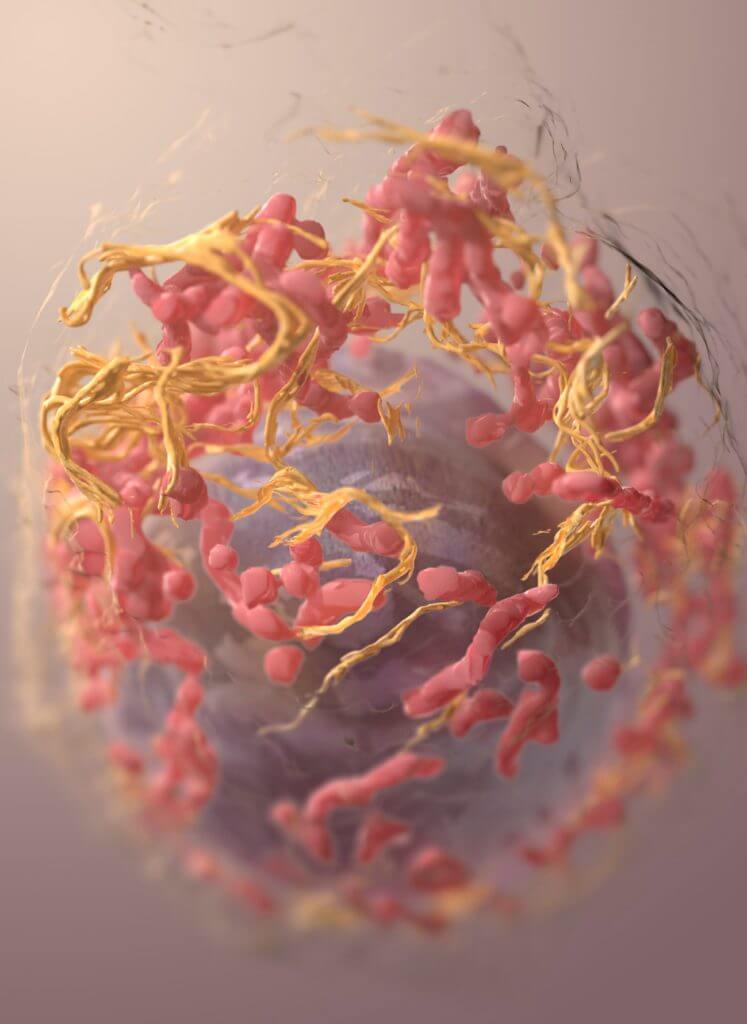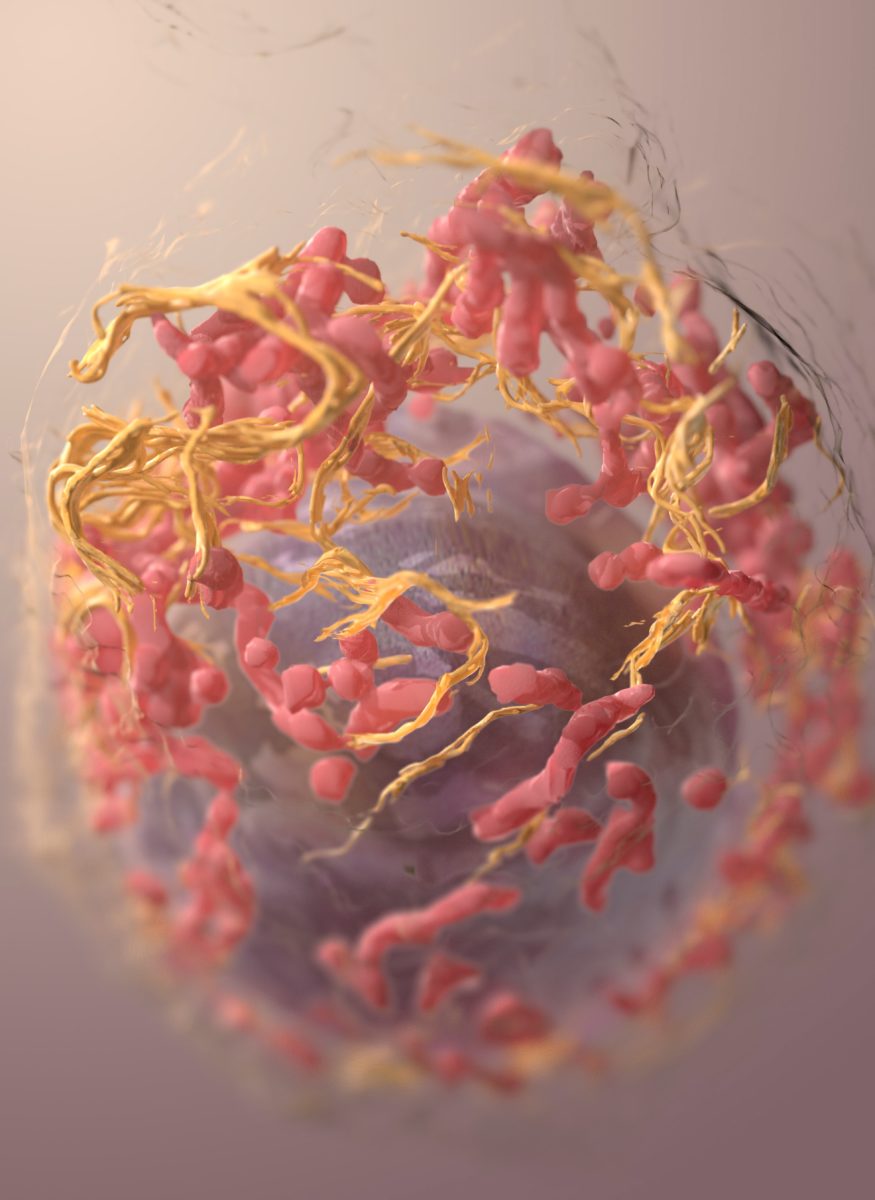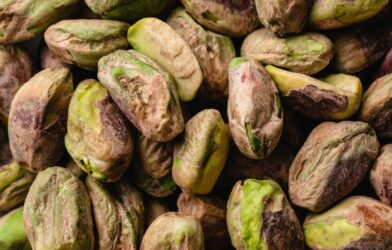Researchers and medical professionals are discovering a correlation between a diet rich in fiber and the effects of immunotherapy on patients with melanoma. Along with the aligning data of high-fiber influencing the positive response of immunotherapy, there is another parameter influencing the outcome. It’s the composition of gut bacteria. This bacterial makeup significantly contributes to the immunotherapy response in regards to tumor growth and lifespan of an individual with melanoma. Scientists think that a diet high in fiber content may change the makeup of bacteria in the gut, and the combination of these microorganisms determines what the immune response will be to fighting cancer cells.
A recent study spearheaded by researchers at a branch of the National Institutes of Health and the University of Texas MD Anderson Cancer Center named the Center for Cancer Research at the National Cancer Institute (NCI). This recent study tracked results in both people and mice affected by melanoma.
Results of Human Study
This study started with examining the microbiome profile makeup of 438 patients with melanoma. 87% of the patients received some type of immune checkpoint blockade (mostly PD-1 inhibitors). Along with that, 158 patients provided a lifestyle survey of their usage of probiotics and antibiotics. Out of this group, 128 volunteered information about their diet at the beginning of their immunotherapy.
Inside this group, those that reported consuming at least 20 grams of dietary fiber in the form of fruits, vegetables, legumes, and whole grains, had a longer lifespan without cancer progression than those that reported consuming less fiber in their diet. The study determined that there was a 30% lower risk of disease progression for every increase of 5 grams of daily fiber ingestion.
These findings are groundbreaking for the future study of microbiome makeup at the intersection of diet and disease treatment. Researchers and medical professionals find a promising future in this important connection.

“Our study sheds light on the potential effects of a patient’s diet and supplement use when starting treatment with immune checkpoint blockade. These results provide further support for clinical trials to modulate the microbiome with the goal of improving cancer outcomes using dietary and other strategies,” says co-senior author of this study and professor of Genomic Medicine and Surgical Oncology, Jennifer Wargo, M.D. in a statement.
Results of Mice Study
Along with the study of a high-fiber diet in people with melanoma, the research also performed a study on mouse models of melanoma. The mice in the study were fed a diet high in fiber or low in fiber. Then both groups were injected with melanoma cells. After this, both sets of mice were treated with anti-PD-1 therapy. The results indicate that tumor growth is delayed in the mice with high-fiber diets, in contrast to mice with a low-fiber diet.
The third group in the study were germ-free mice, meaning these mice had no gut bacteria. Within this group, the diet did not affect the responses to immunotherapy. The results suggest that diet is working to change the composition of bacteria in the gut.
Introduction of Probiotics to Melanoma Immunotherapy Study
In the mice study, researchers looked at the result of adding a probiotic to the sample study. The study indicates that the mice being fed a probiotic during immunotherapy treatment developed larger tumors than mice in the control group. A deeper look into the study shows that the mice with a probiotic added to their diet had lower levels of immune cells that attack tumor growth. This response shows a weakened immune system.
This same research study in human subjects depicts similar results. The patients that report a diet high in fiber and report no added probiotics to their diet lived the longest with lower levels of tumor growth.
“The impact of dietary fiber and probiotics on the gut microbiota is only part of the bigger picture […] Many factors can affect the ability of a patient with melanoma to respond to immunotherapy. However, from these data, the microbiota seems to be one of the dominant factors. The data also suggest that it’s probably better for people with cancer receiving immunotherapy not to use commercially available probiotics,” adds study co-leader Giorgio Trinchieri, M.D., chief of the Laboratory of Integrative Cancer Immunology in NCI’s Center for Cancer Research.
This strong relationship between the results of immunotherapy in fighting melanoma cancer cells mixed with a diet high in fiber and the resulting bacteria composition in the gut shows promise for the future study and treatment of cancer as a whole.
This study is published in Science.












